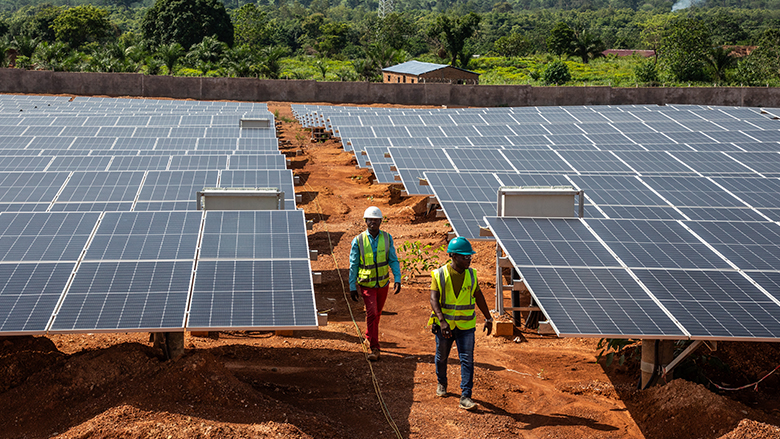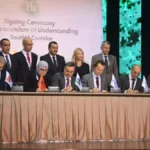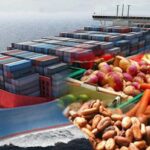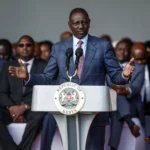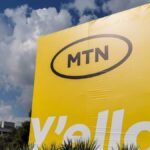The Liberian government, along with the Liberia Electricity Corporation (LEC) and World Bank Liberia, broke ground for the country’s first utility-scale solar power facility.
With a $2 million grant from the World Bank, this project marks a significant milestone in Liberia’s efforts to improve energy access and promote clean, affordable electricity.
Georgia Wallen, the World Bank’s Country Manager for Liberia, revealed that the grant will be used to engage a transaction advisor for solar Independent Power Producers (IPPs) to be procured through competitive bidding.
The funding will also support important feasibility studies, including environmental and social assessments needed for private-sector solar PV plants.
- Advertisement -
The new solar plant will be built at the Mount Coffee Hydropower Station, making use of existing infrastructure to maximize efficiency.
The plant will use a hybrid model that combines solar power with the country’s existing hydropower plant. This approach will help address energy shortages during Liberia’s dry season, which often strains the country’s power supply.
Wallen emphasized the broader goals of the project, which aligns with Liberia’s “Rising 2030” development plan. This national initiative aims to boost public infrastructure and human capital development.
Additionally, Liberia is aiming to expand its solar power capacity by an additional 70 megawatts (MW) in the coming years. According to Wallen, this can be achieved more rapidly with increased private sector investment. The World Bank hopes the project will serve as a model for future energy initiatives and help close Liberia’s energy access gap.
In further addition to this national effort, Liberia is part of a broader regional solar project known as RESPITE, which includes Sierra Leone, Chad, and Togo. The combined regional effort highlights the growing importance of renewable energy in West Africa, as countries seek sustainable solutions to meet their growing energy needs.




